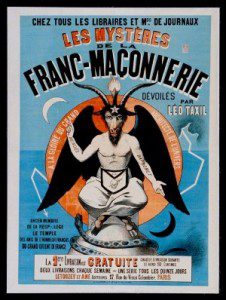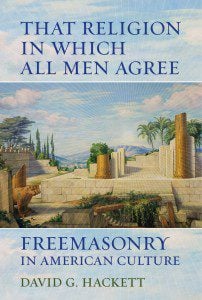I have been posting on the pervasive influence of Freemasonry in Anglo-American culture. Usually, that tradition was very wide-open and generous in terms of its racial and religious attitudes, but there is one enormous exception to that rule, and that concerns Roman Catholics. Indeed, much of European and American politics over the past two centuries has involved a running and often bitter confrontation between Masons and Catholics. Why is that? As a social and political movement, modern Freemasonry developed in... Read more
















